Tommy Marr by Kyle Springate
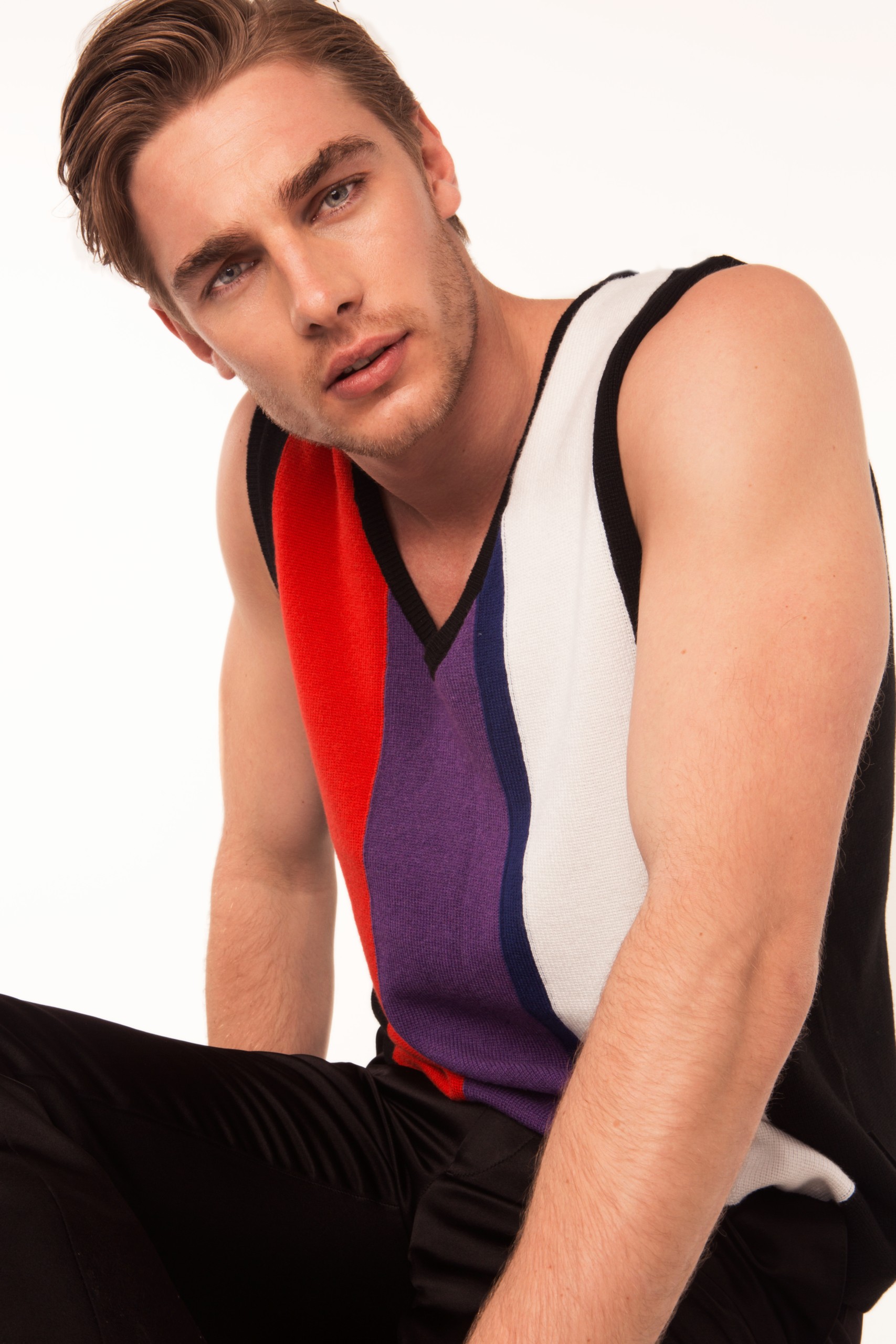
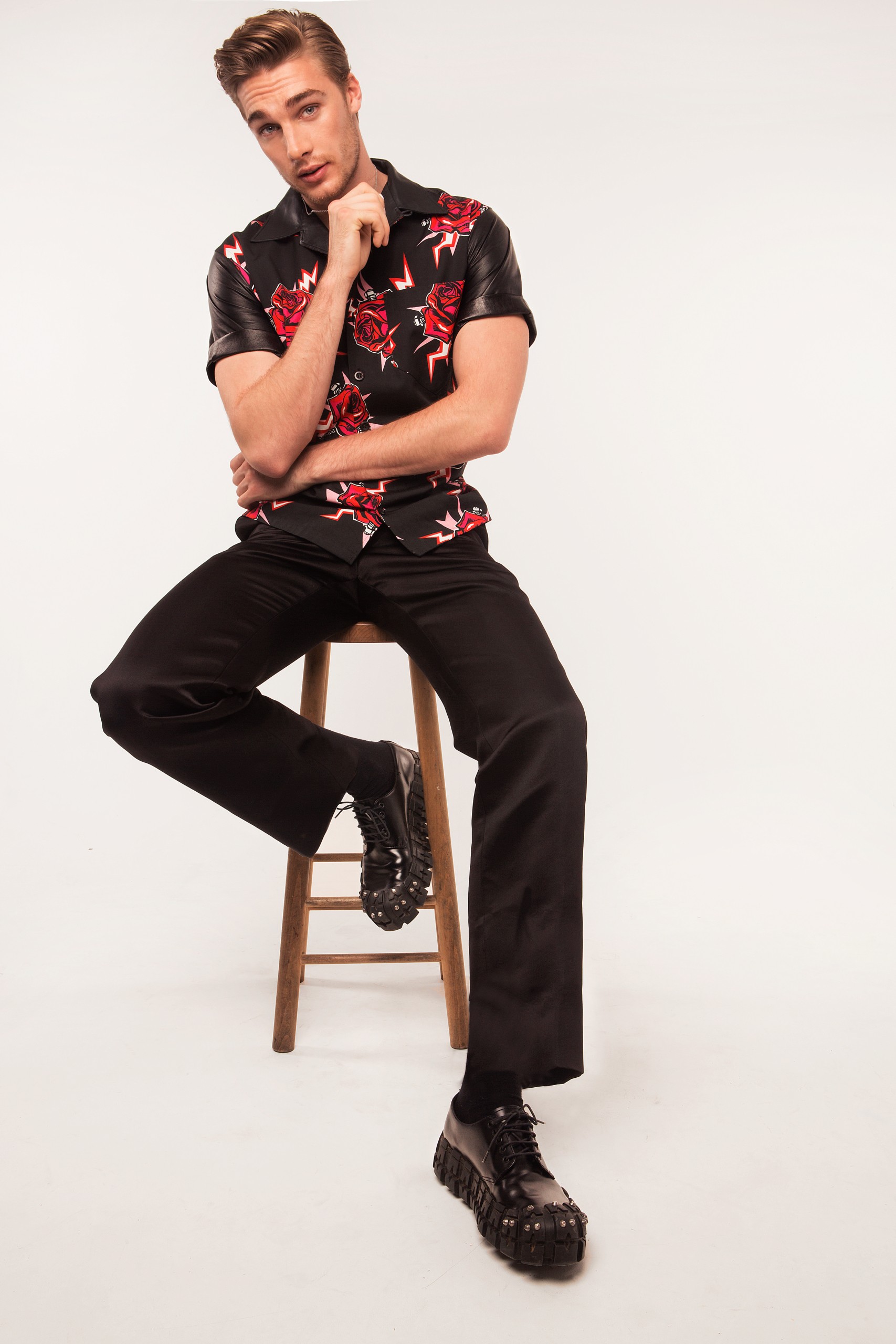
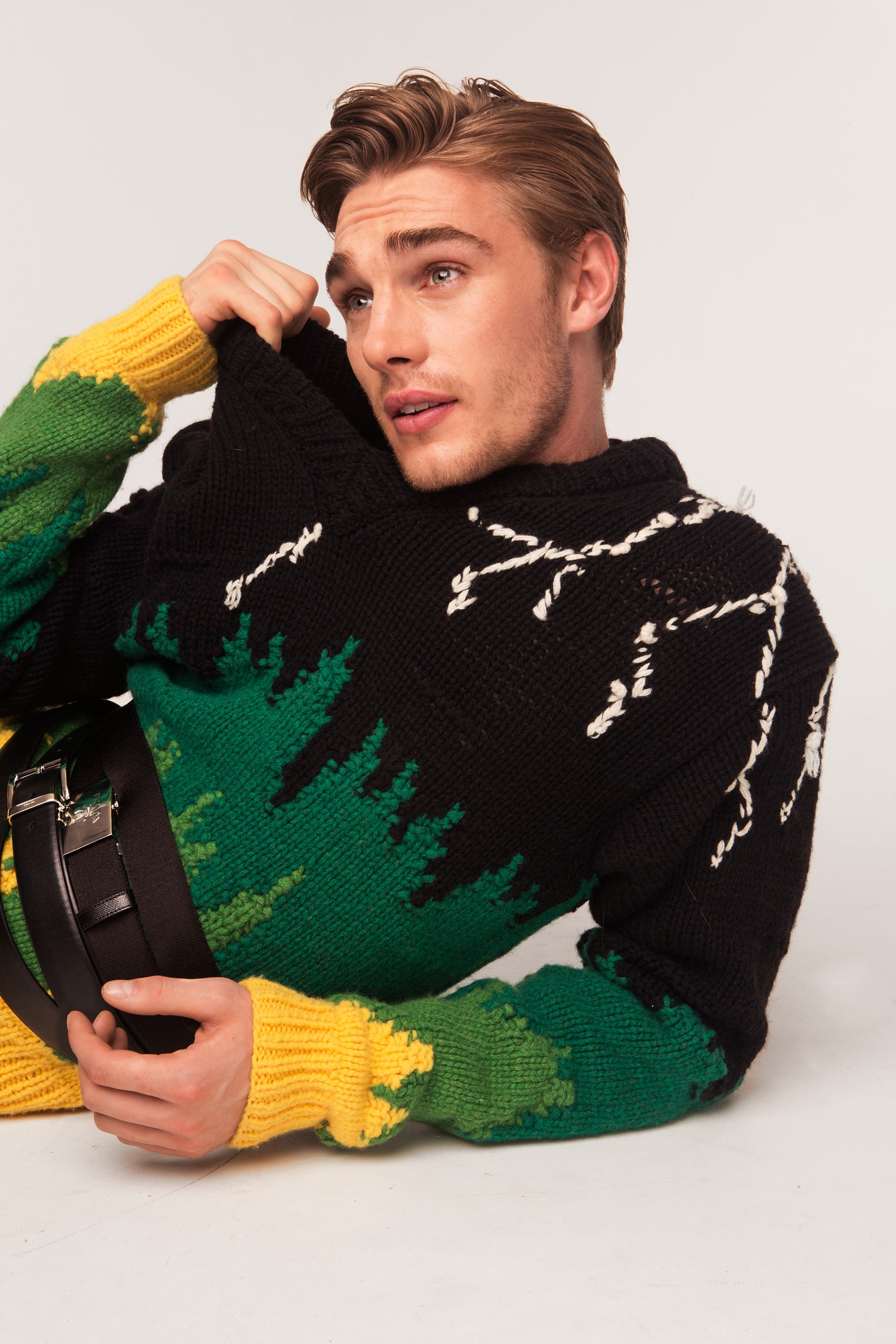
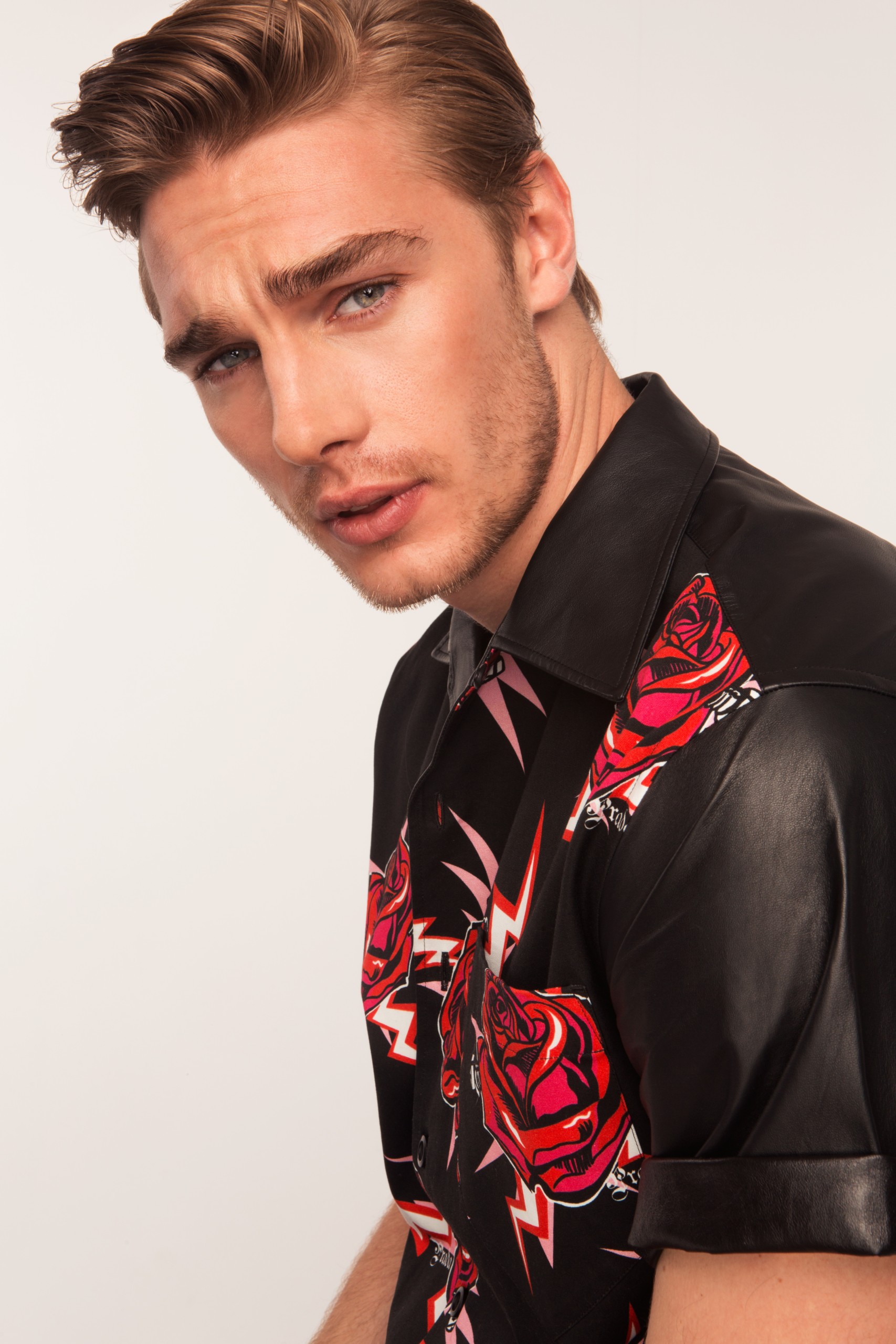
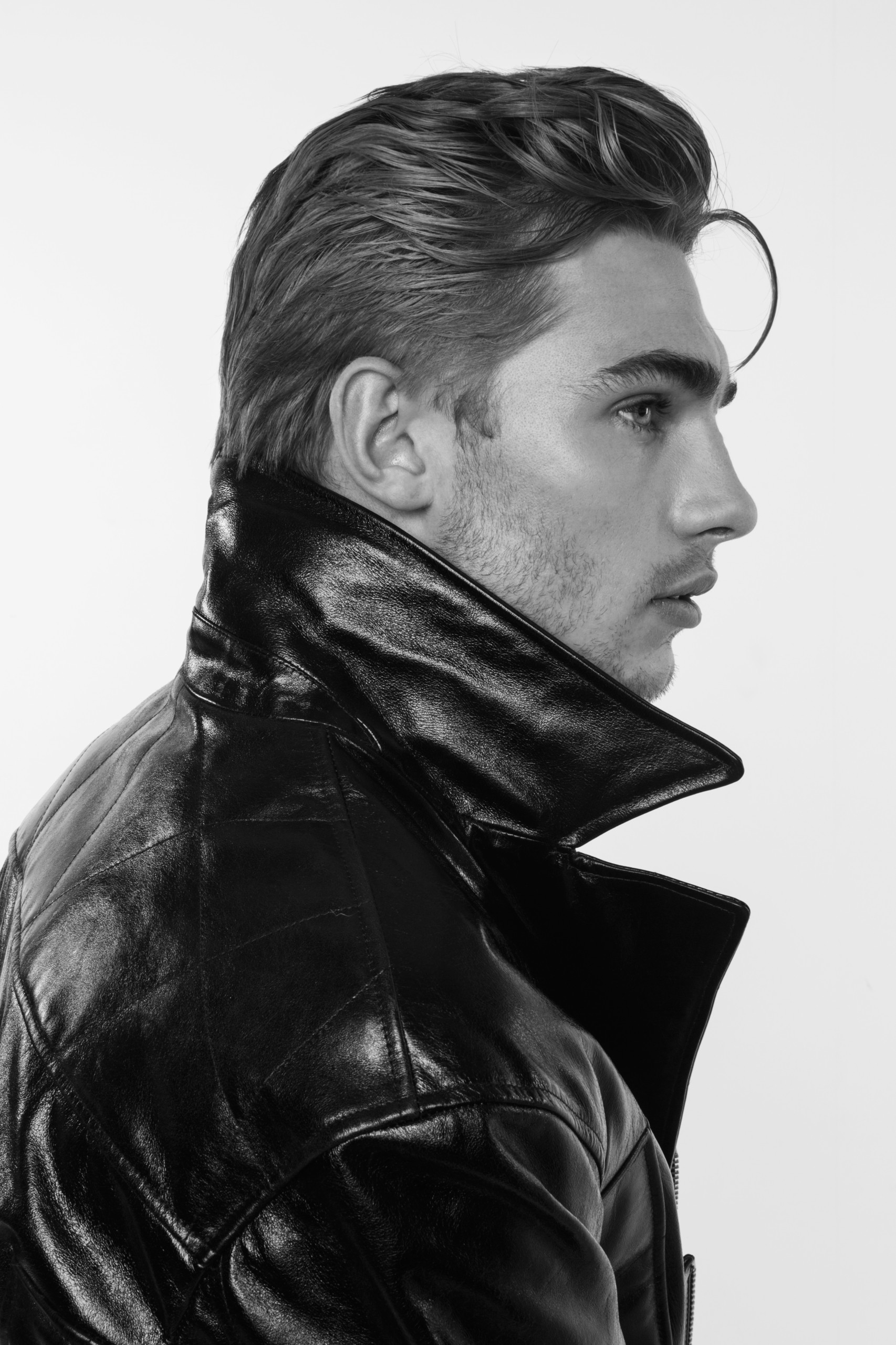
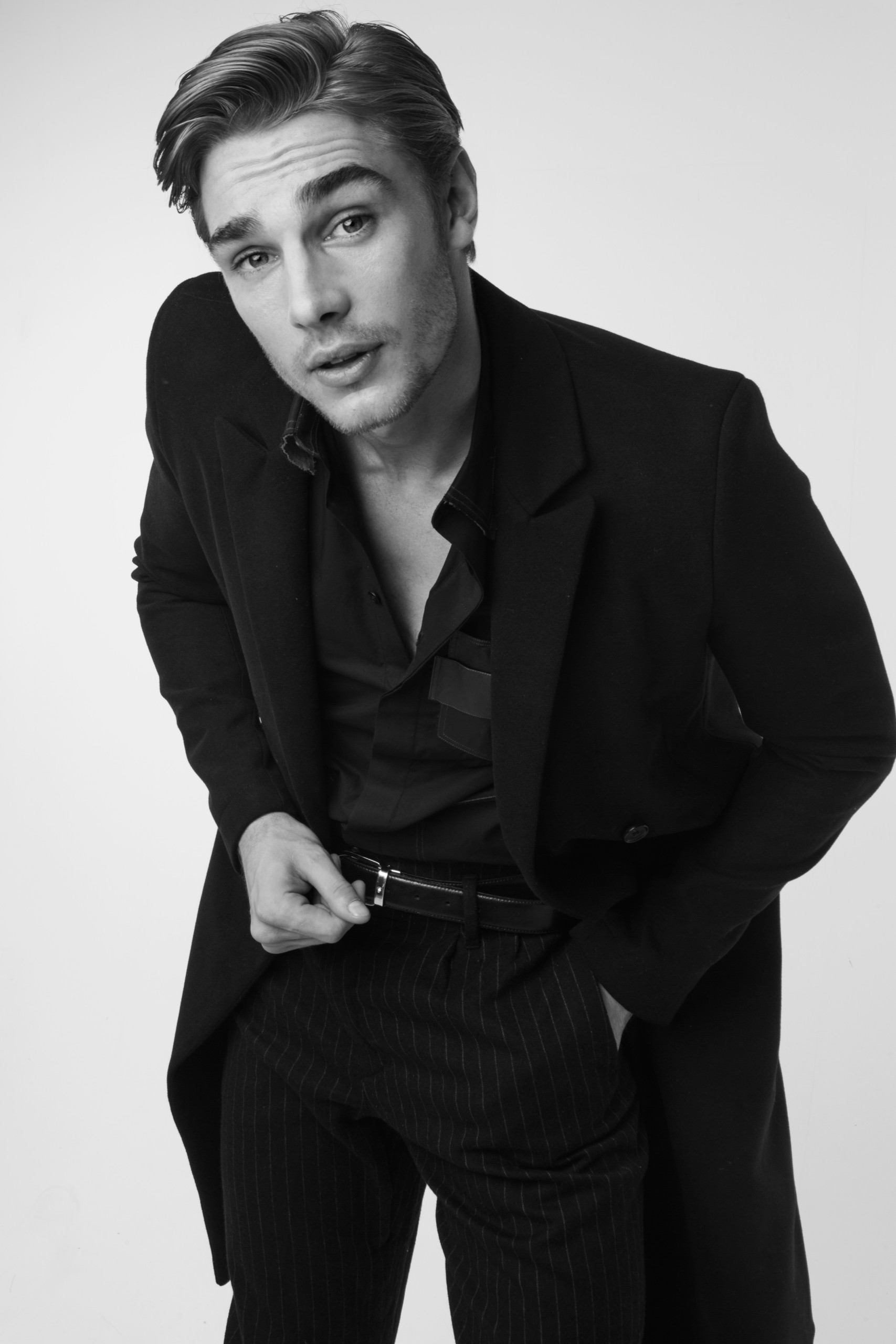
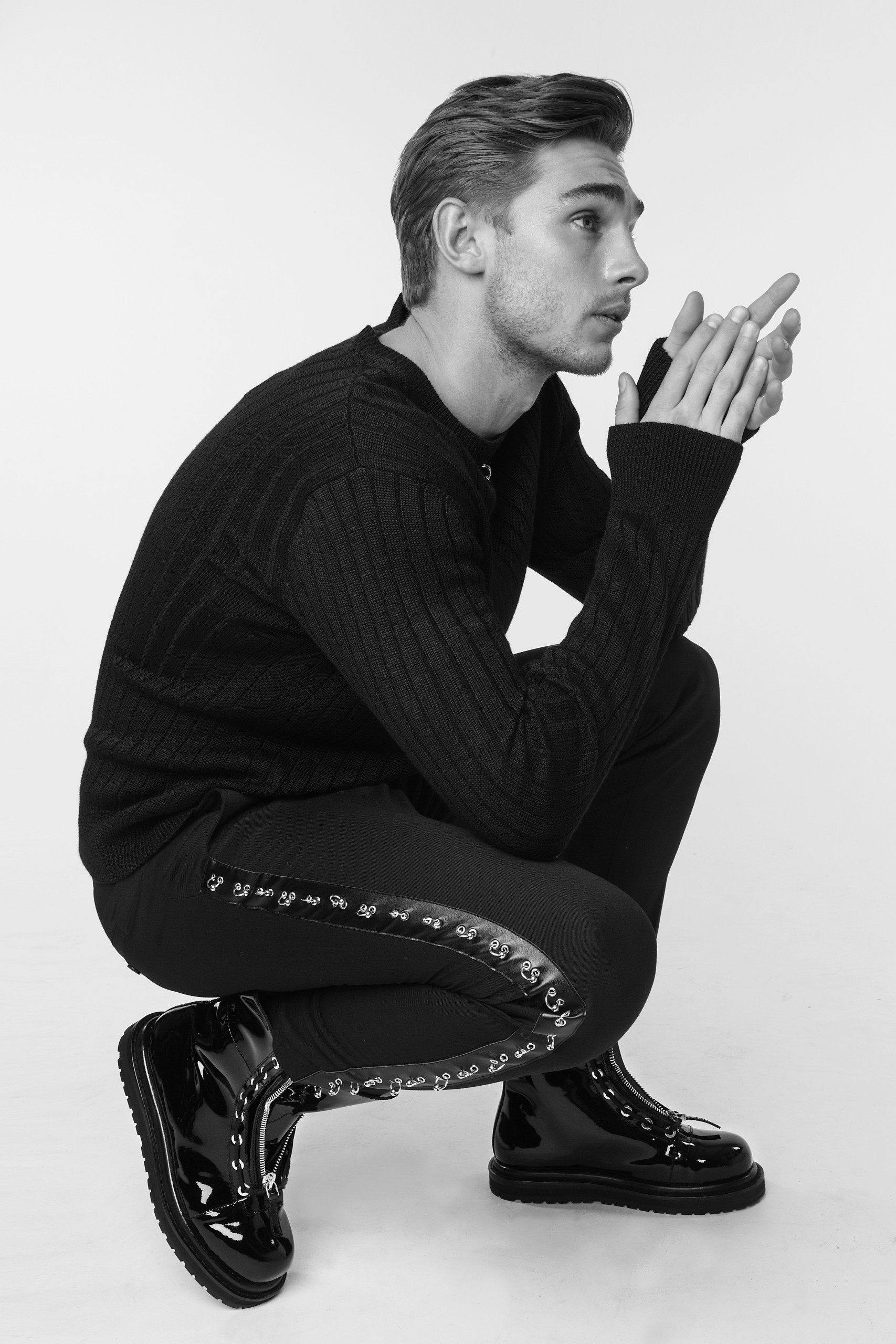
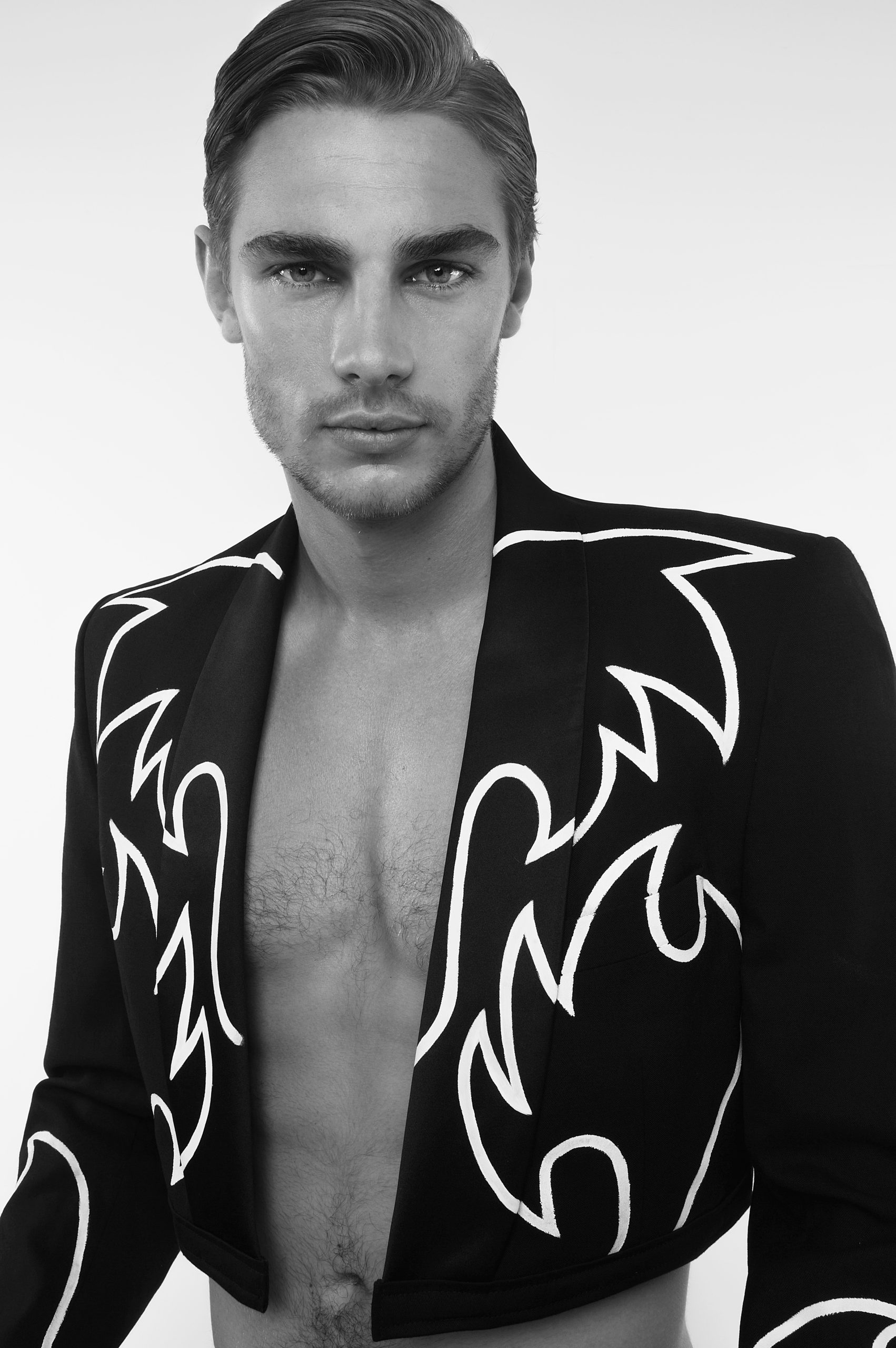
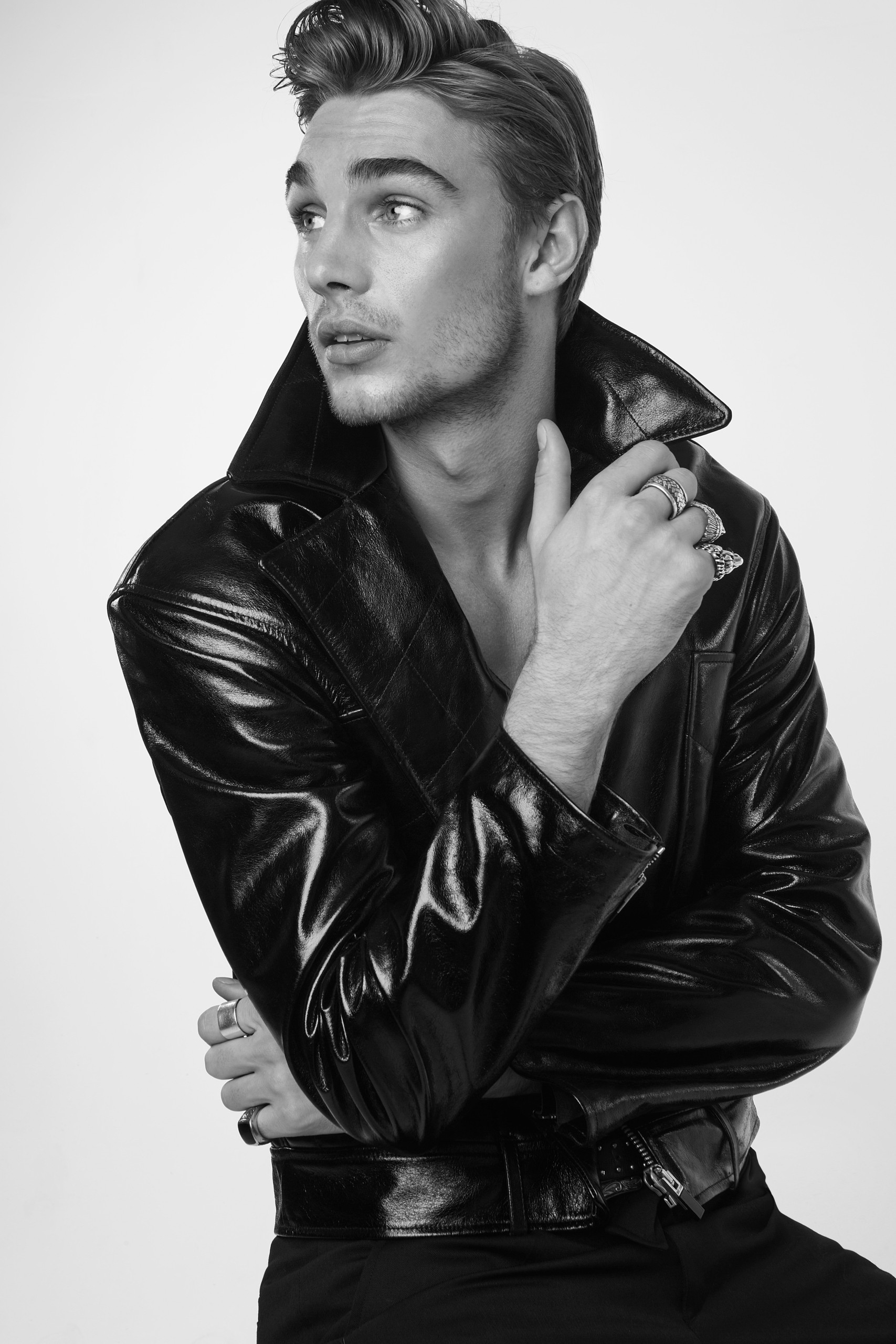
Tommy Marr at Next Models photographed by Kyle Springate, styled by Luca Falcioni, grooming Sergio Alvarez at Gary Represents and fashion Ass. by Mihaela Popa and Joshua Villa. Tommy wears Prada, Just Cavalli, Daniel Fletcher, Givenchy and Ricky King.
EXCLUSIVE INTERVIEW with Luca Falcioni.
Born in Rome, Luca graduated in Fashion Business before moving to London, to starting working for various luxury fashion labels across the fashion spectrum.
Luca now has worked with many international artists and publications including; Vogue, GQ, L’Officiel, Flaunt, Wonderland, Rollacoaster, Man About Town, Esquire, Gay Times magazines and more.
Schön! Magazine has appointed Luca Falcioni as menswear fashion editor, based in the London team.
He is also a fashion stylist and has previously worked as fashion editor at Wonderland, Rollacoaster and Man About Town.
His work can be viewed at lucafalcioni.com
VICTOR MAG: When and how did you find out that you would be a stylist?
LUCA FALCIONI: Styling has been a lifetime passion for me that became a reality here in London. After my experience working in Selfridges, styling international clients/celebrities, I finally understood that styling it would become my career. This continued with me joining Wonderland Magazine as a Fashion Editor giving me the opportunity to fulfil my dream. Mixing and matching different garments and designer labels, collaborating with some of the best creative minds and culturally aware in the business, gave me the freedom to express myself, my feelings and particularly my vision.
VM: You’re young and your career started in a country that has one of the most admired fashion markets in the world. What’s your biggest Italian inspiration and how does it influence your personality?
LF: Definitely on of the most inspiring period in Italy that influenced me is “La Dolce Vita”. After the dark years of the second War world, 50s and 60s were the times of awakenings: culturally, economically, socially and artistically. My hometown, Rome was the set of international and iconic celebrities: Sofia Loren, Audrey Hepburn, Anita Ekberg and many others. Women started to have more freedom to express themselves, wearing elegant and chic outfits, which gave them the attitude of a femme fatal. Italian art has been a fundamental element for my vision, since I was constantly surrounded by the architecture of the city, historical monuments and paintings; it was impossible for me not to stay inspired and cultivate love for beauty.
VM: What would you change in world fashion history? Why?
LF: Fashion is a circle that always changes. The beauty of it is that everyone can express them selves and every trend has been closely related to the historical moments that happened at those specific times. I don’t think I would change anything, I want to embrace every single stage of the evolution of fashion.
VM: We’re currently experiencing a worldwide evolution related to the concept of gender. How do you handle it and how are your customers (brands, magazines and artists) behaving?
LF: I’m really excited to see the industry opening up to trans, non binary and gender non conforming individuals. It’s fantastic to celebrate what makes us unique and special.
VM: How do you think you can contribute to gender issues in the world fashion market?
LF: Gender fluidity and representing all the different spectrums of gender is important to help push forward awareness and acceptance.
VM: The luxury market has been giving positive signals related to genderless fashion. Some major brands already have strong collections focused on this evolution. How do you make this idea of no gender into images in your editorials?
LF: Working with non-binary or gender, non confirming models and designers is key. For a long time these people were under represented and cast aside. Making sure they are hired and paid to tell their own stories is important to portray an authentic message and make changes.
VM: England, France and Italy are more evolved in relation to the genderless. Brazil’s extremely late in this topic. What can fashion do to help a country be less prejudiced?
LF: Some changes are fast and some are very slow. I have no doubt that countries like Brazil will catch up with the rest of the world soon. It just takes brave individuals in those places to be torch bearers and lead the change, not sit back and accept the way things have always been.
VM: In an interview for Gay Times you mentioned Ludovic De Saint Sernin, Daniel W. Fletcher and Feng Chen Wang as new designers we need to keep an eye on. One French brand and two British brands. What is the current scenario of Italian fashion? Where are the new designers?
LF: The new talents in Italy have always been encouraged through platforms like Vogue Italia, Alta Roma and many others. From the ones that are emerging today I really like Andrea Pompiglio, Stella Jean, GCDS, Attico, and Sara Battaglia. I wish that we will have more talented and inspired designers who will represent Italy internationally.
VM: What advice would you give Luca Falcioni if you could come back 10 years ago?
LF: I feel like I’ve managed to push myself to reach new objectives and new goals since my young age, but I would say to a young myself to never give up and keep believing in my dreams… sometimes life can give you hard times but if you stay positive, your path can be very much easier.

